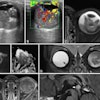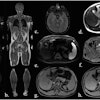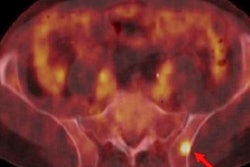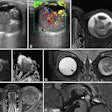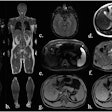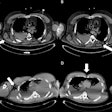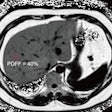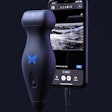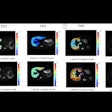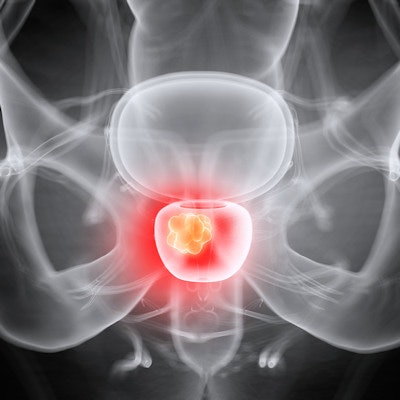
Providers of PET services in Moscow have started using a radiopharmaceutical agent, F-18 prostate-specific membrane antigen (PSMA), for a more accurate diagnosis of prostate cancer, according to a statement issued by the Research and Practical Clinical Center of Diagnostics and Telemedicine Technologies in Russia.
Around 37,000 patients with prostate cancer are under observation in Moscow, and recurrence occurs in at least 30% of cases. It's difficult to detect new malignant cells at the low level of prostate-specific antigen (PSA), but PET can detect new metastases when paired with the proper imaging agent, noted the release. Often PET is paired with F-18 FDG because it can visualize a large number of malignant tumors due to those tumors' higher consumption of glucose. However, prostate cancer is not a cancer that gobbles up glucose like other cancers, so a new radiopharmaceutical agent was needed, the center explained.
Using F-18 PSMA, malignant cells can be visualized at the antigen level of > 0.2 ng/mL in the blood. The plan is now to study F-18 PSMA within the framework of the Moscow territorial compulsory medical insurance program, which means patients are diagnosed for free and patients may be referred to these centers. In the past, patients had to go to other cities and countries to use PET. But this year, up to 4,000 prostate cancer patients can be examined by the end of the year, according to the statement.
